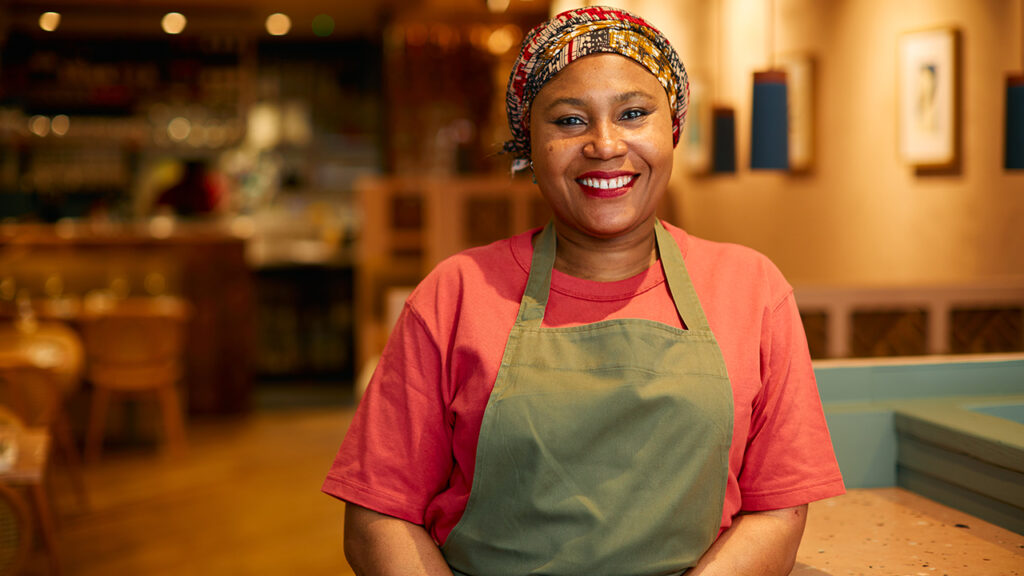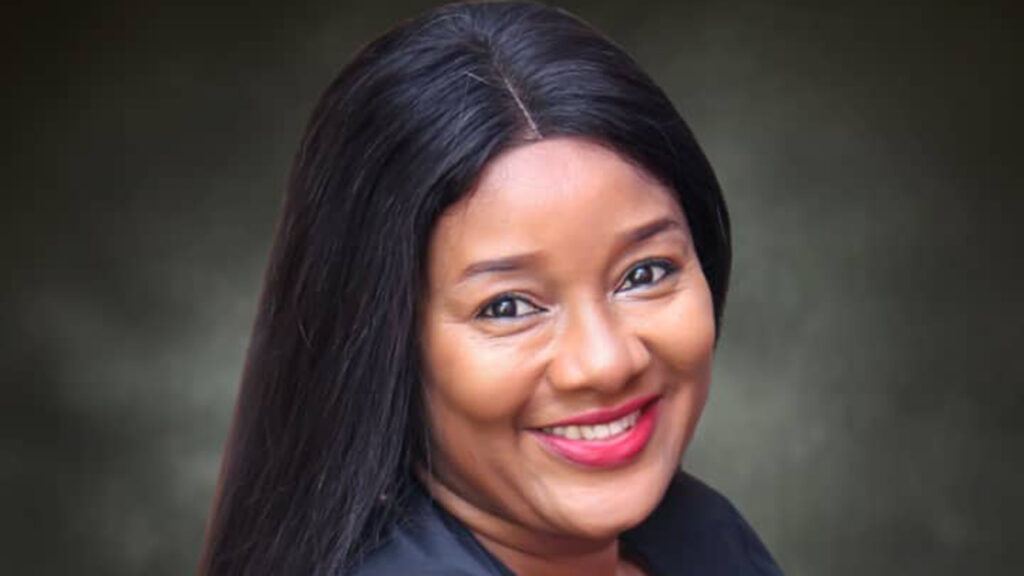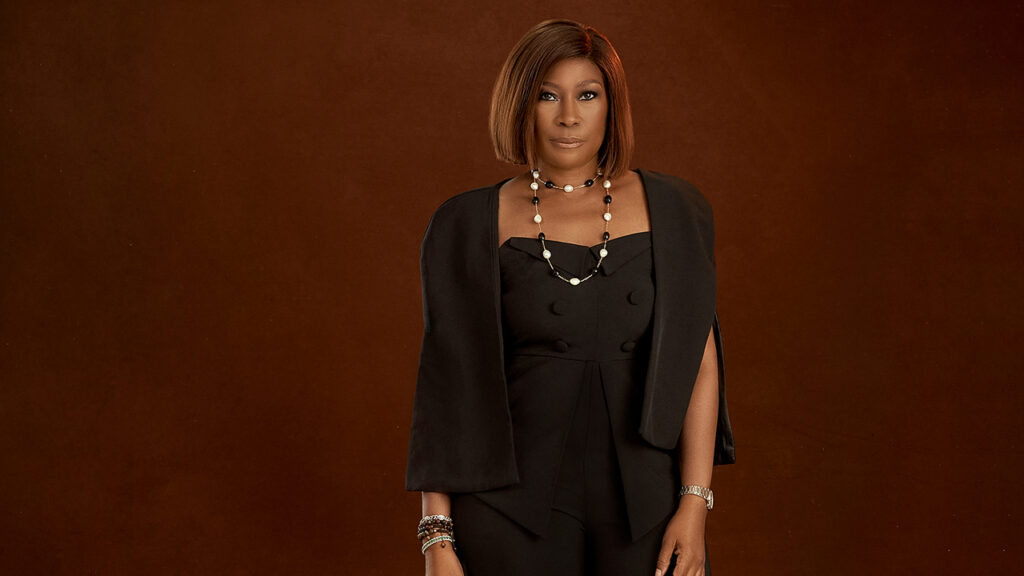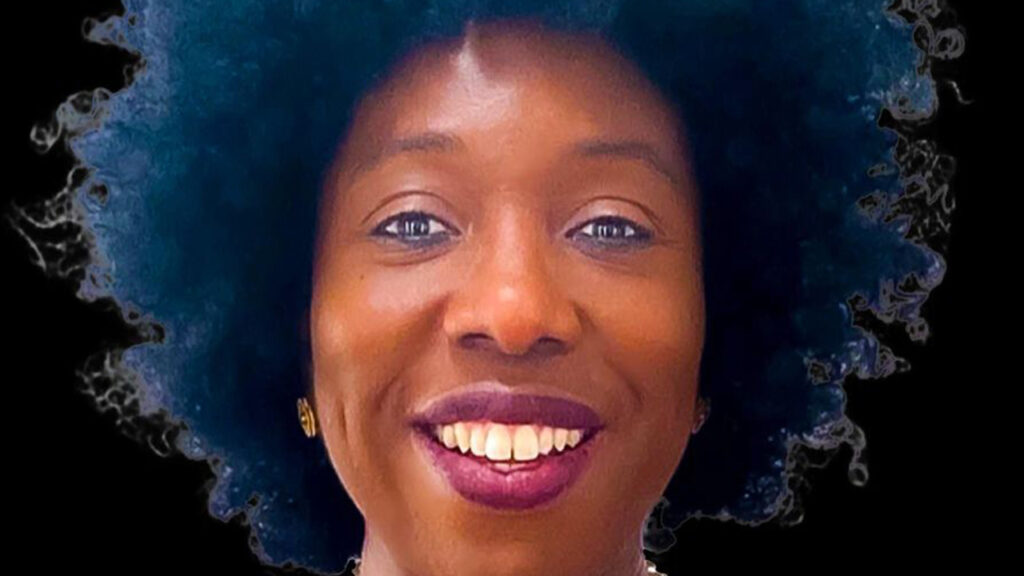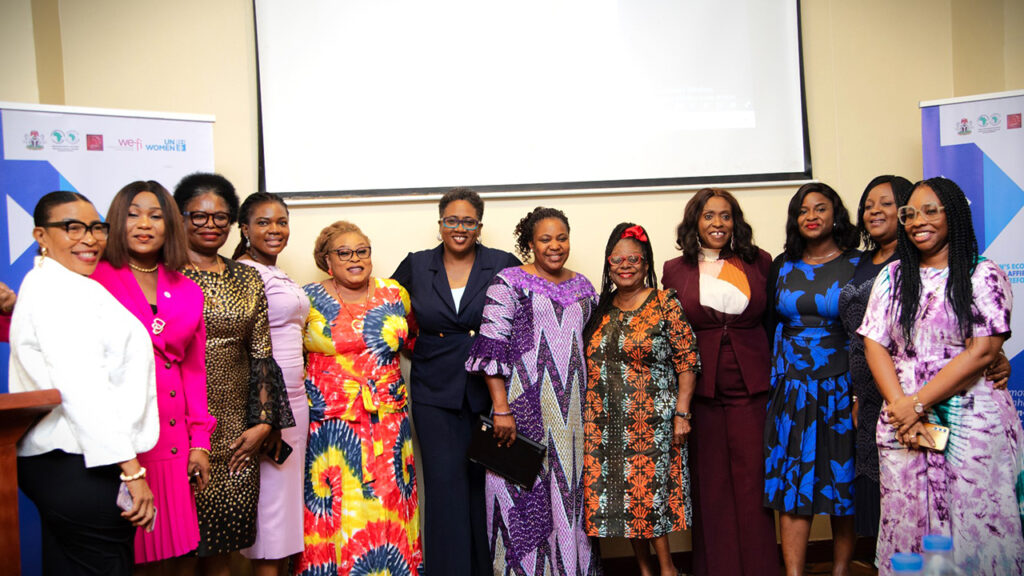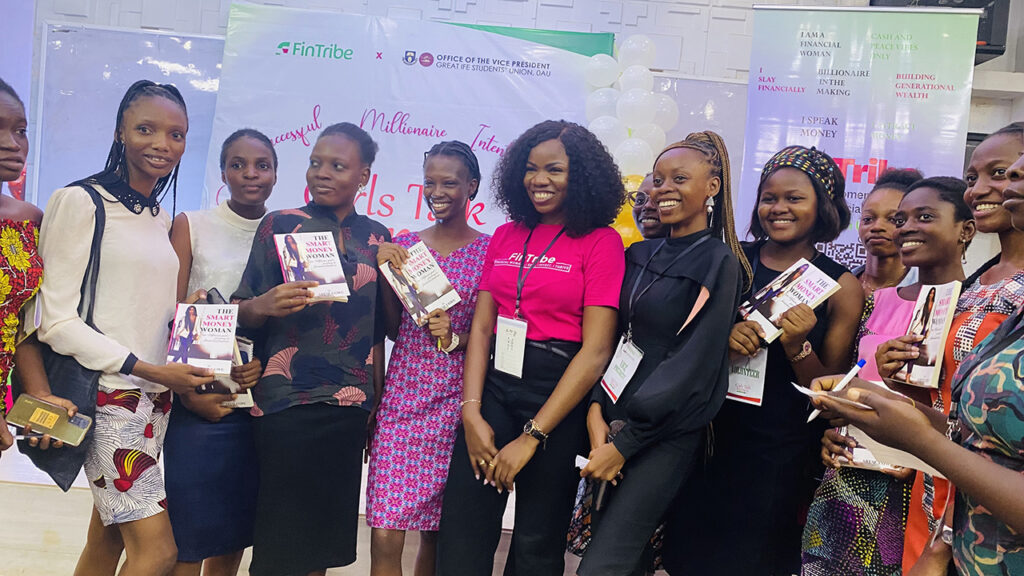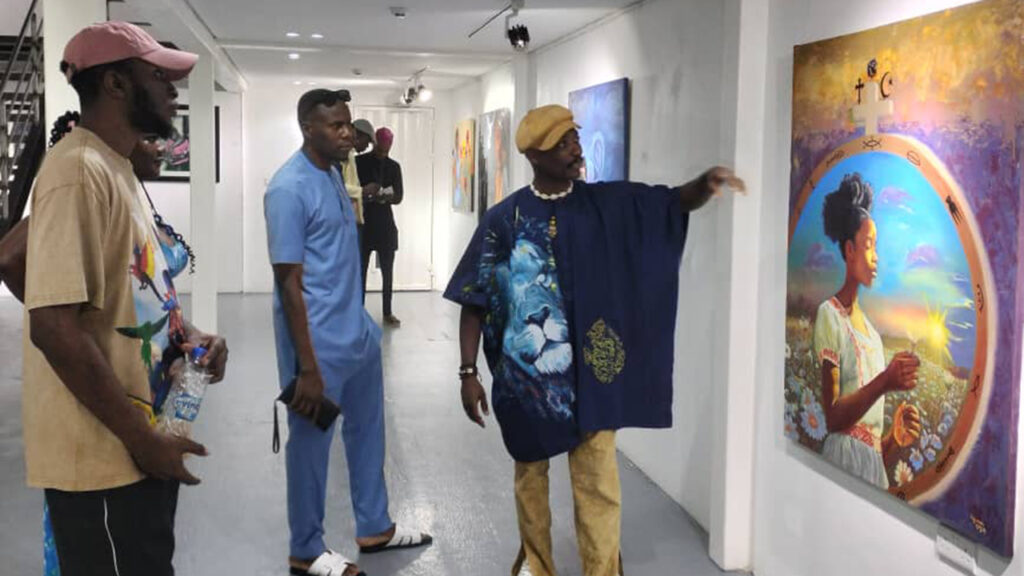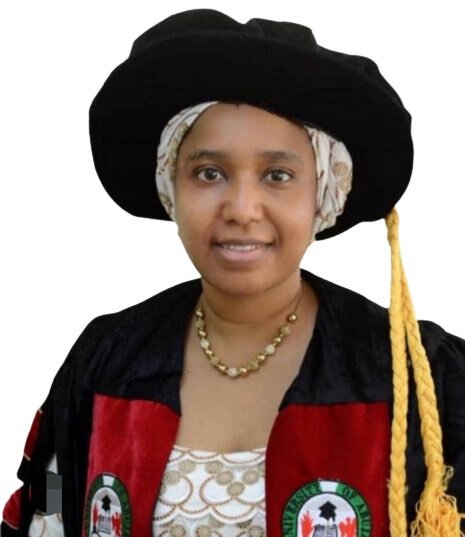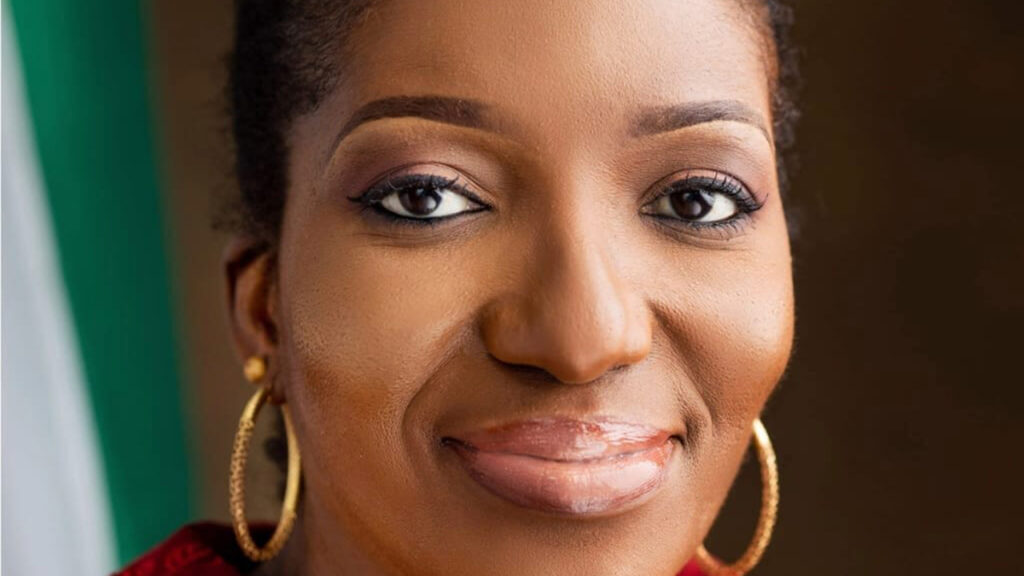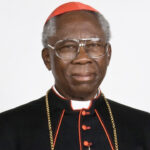
Grace Oluchi is a co-founder and Executive Director at Climate Action Africa, a social enterprise that promotes climate literacy, advocacy, research and commercialisation of sustainable products and services in Africa. She is also the Executive Director at Creative Space Startups, a non-profit organisation that empowers underserved youths, women and persons with disabilities through creativity, technology and entrepreneurship.
With over a decade of experience as an impact consultant and project manager, Oluchi has a proven track record in fundraising, grant writing, community development and new business development. She is passionate about harnessing the potential, capacity and development of African youths and women. She is an active voice on issues of youth employability, tech and policy for economic growth.
An i4 Policy-trained policy advocate, ILO-certified business development service provider, and with an MBA in management, she has supported and trained hundreds of innovators and entrepreneurs on various programmes and initiatives such as the UNFPA FGM Accelerator, COVIDAction, Afriplastics and the African Union Civic Tech Fund Accelerator. She has also launched and led several programmes that aim at bridging the existing socio-economic gaps in society such as Africa Finance Academy, Techamaka, Growth4Her and Femmes360. In this interview with GERALDINE AKUTU, she speaks about her passion for driving the climate change campaign.
What led you to work in the climate change industry?
Pain! My heart was broken every time I spoke with my mum; she complained about the farm and her yield. Every time you read, you can see climate change is a slowly eradicating smallholder farmer. If you do not have the resources for greenhouses and complex technology, climate change will take you out of the farming industry and what will happen to your livelihood?
I believe some innovations and investments can be made to protect our food systems and farmers across this continent. I want to use my knowledge and experience in the development space to bring together and enable brilliant Africans to create solutions that solve our problems. I was also very worried about the fact that Africans seemed to think climate change was not an African thing. We had to focus on our development, which in most cases meant burning carbon and still driving the same industries that brought us here. I did the research and there is development within Climate Action. We do not have the luxury of time, so why are we not focusing on development within Climate Action as opposed to within carbon sectors?
Tell us about Climate Action Africa and how it promotes sustainability in Nigeria and Africa?
Climate Action Africa (CAA) is a social enterprise; at our core, we design and implement programmes that foster climate resilience, innovations and green growth in our communities. We promote sustainability through literacy. For over three years, we have been writing about climate change in Africa and we currently have over 1000 articles published. We have promoted over 60 green innovations, which could be one feature article or Instagram post away from getting an investor. We have launched community projects like Faith for Climate Action, a programme that teaches faith communities about climate change; and started urban community gardens. We are co-implementing a food security project in Bamenda with Mountain Hub Cameroon.
Last year, we launched Climate Stories for Kids, a web-animated series on climate change and how it affects our communities. This year, we are starting new projects in food security, energy access, ESG strategy for forward-looking organisations, circularity and resilience to serve many more communities. We are hosting the first physical Climate Action Africa Forum at the Lagos Landmark Event Centre. The goal is to foster innovations through showcases, inspire new innovators and increase investments in these climate innovations. CAAF24 is our bold statement to Africa, making a case for increased innovation and investment.
What are the challenges associated with investing in climate Action in Nigeria?
Climate change is a pressing issue in Nigeria, but investing in climate action faces multiple challenges. These challenges are deeply rooted in economic, social, infrastructural and political contexts, making it difficult for initiatives to be feasible and efficient. Nigeria’s economy relies heavily on oil, making it vulnerable to global oil price volatility and limiting resources available for investment in climate action.
High national debt levels and economic instability also constrain the government’s capacity to fund environmental initiatives. The need for robust infrastructure is a significant barrier to deploying renewable energy sources and other climate-resilient technologies. Power shortages, poor road networks and inadequate waste management systems further complicate the implementation of sustainable practices.
Inconsistent government policies, weak enforcement of environmental regulations and policy flip-flops create uncertainty for investors and can undermine long-term investment in green technologies and infrastructure. The population generally lacks awareness about climate issues, which can hinder community-based initiatives and reduce public support for governmental policies on climate action. We must invest in resilient infrastructure, policy reform, public awareness campaigns and building institutional capacities to create a robust framework for sustainable climate action in Nigeria.
What ignited your passion for tackling climate change and inspired you to co-found Climate Action Africa?
Firstly, the plight of my community and further research showed that Africa, as always, was late to the party. While most of Europe and the entire global north had invested in Climate Action, Africa thought climate change was a Western problem; and we did nothing to protect ourselves. As always, we have been left behind, and our lives and livelihoods are at stake. Take, for example, the record heat we have experienced just this year alone, which is a pointer to how erratic our weather patterns are becoming.
What are some key climate change issues peculiar to women?
Climate change disproportionately affects women due to their societal roles, economic conditions and specific health needs. Women often handle the critical tasks of securing household water and food, which become increasingly challenging due to climate effects like droughts and erratic rainfall. They face heightened health risks during climate crises, especially when pregnant or responsible for caregiving, and are more vulnerable to diseases due to increased exposure during these roles.
Economically, many women depend on natural resources for livelihood, particularly in agriculture, making them highly susceptible to the impacts of climate variability. Additionally, women are disproportionately affected in displacement and migration scenarios caused by environmental changes, facing more significant risks of gender-based violence and reduced access to emergency services. Despite their significant stake, women frequently have less representation in decision-making processes related to climate change, leading to policies that overlook their specific needs and contributions. Addressing these challenges requires policies that empower women, integrate their perspectives in climate strategies and enhance their access to resources and decision-making platforms.


